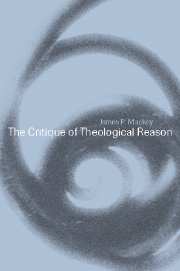Chapter 3 - Beginnings: old and new
Published online by Cambridge University Press: 22 September 2009
Summary
However momentarily deluded one might be while in the powerful grip of nostalgia, it is never really possible to reinstate past forms effectively in present circumstances, and that is as true of philosophy as it is of any other form of life. Yet, as the search commences for new beginnings in contemporary thought that take with the fullest initial seriousness the material world and human flesh – if not indeed also the palpable devils – it is surely worth casting a quick look backwards to the origins of Western philosophy some two and a half millennia ago; to the so-called ‘physicists’ of Asia Minor with whom that philosophy is deemed to have begun. This is not simply because the appeal to antiquity which wielded such authority in the ancient world still today seems to play its role – notice the number of atheistic or agnostic humanists who appeal to Aristotle, or Confucius – but because growth in philosophical wisdom, like growth in other forms of knowledge, does reveal a certain cumulative aspect, despite all the quantum leaps, relatively successful or relatively failed, that regularly break the lines of smooth traditional developments.
- Type
- Chapter
- Information
- The Critique of Theological Reason , pp. 120 - 174Publisher: Cambridge University PressPrint publication year: 2000



